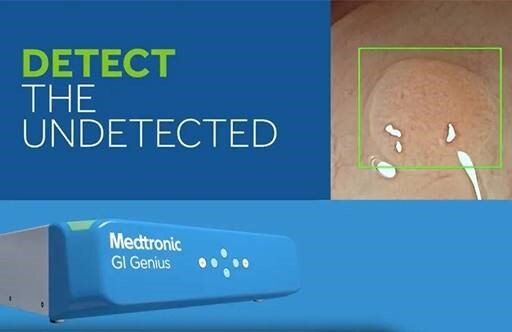Colonoscopy Helps to Ensure Your Digestive Health
A colonoscopy is an exam that allows a doctor to look at the inner lining of your large intestine. Your large intestine includes the colon and rectum. At Advanced Surgical Institute, doctors perform colonoscopies to:
- Detect colon cancer or malignant polyps and tumors
- Remove malignant polyps
- Diagnose gastrointestinal problems such as:
- Diverticulosis,
- Irritable bowel syndrome,
- Crohn’s Disease
- Celiac Disease
- Arteriovenous Malformations
- Inflammation, or
- Bleeding
Colonoscopy is your front-line defense against colon cancer. The National Institute of Health recommends that you begin to have routine colonoscopies to look for early signs of cancer at age 50. A doctor may recommend that you have a colonoscopy at an earlier age if you have:
- A family history of colorectal cancer,
- A personal history of inflammatory bowel disease, or
- Other risk factors
During a colonoscopy, the doctor will:
- Use a light sedative, and possibly pain medication, to help you relax
- Use a thin, flexible tube with a tiny telescopic lens and a light at its end to look at your colon. (This device is called a colonoscope. It is attached to an external camera.)
- Insert the colonoscope into the anus and slowly guide it through the rectum and into the colon
- Take pictures or videos of your large intestine
- Study the images of the intestine on a computer screen in the operating room
- Remove growths or polyps using tiny surgical tools passed through the colonoscope
- Take samples of abnormal looking tissue
A colonoscopy exam takes about 30 to 60 minutes. You may remain at the center for one to two hours until the sedative wears off. You should be fully recovered by the next day. You will not be permitted to drive for 24 hours after the exam.
Colon Prep:
You must prepare for a colonoscopy by cleaning all solids from your digestive tract. Colon prep typically involves:
- A clear liquid diet for one to three days before the colonoscopy.
- A laxative or enema the night before the colonoscopy
Your doctor will give you written instructions about how to prepare for the exam. You must carefully follow the instructions in order for the exam to be successful.
